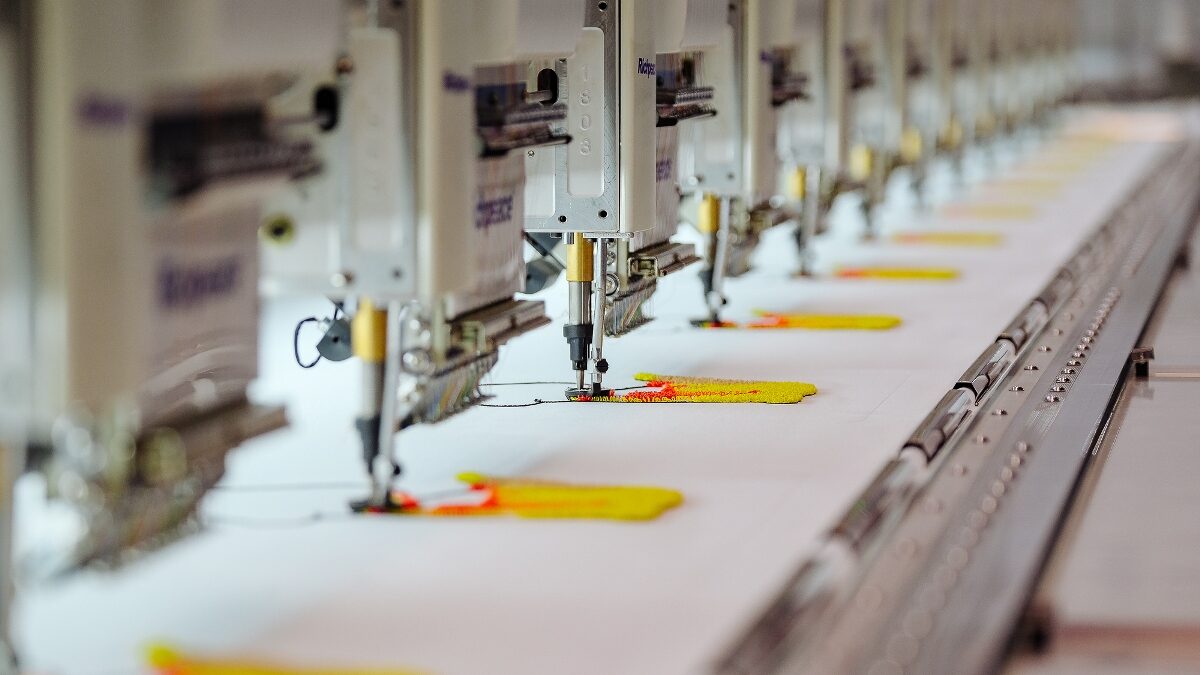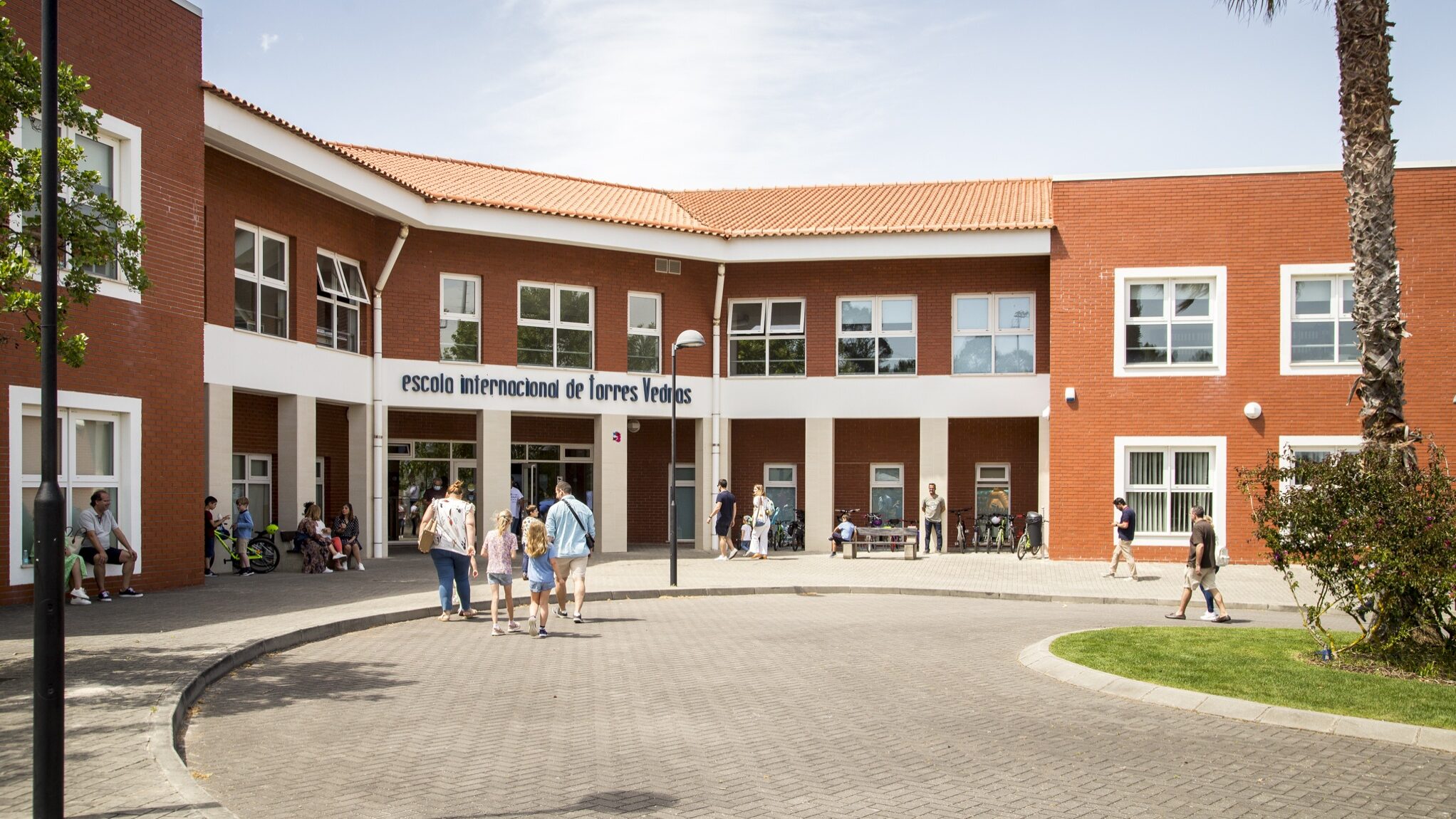Spain shouts ‘olé’ in the Portuguese economy, but across the border few Portuguese score goals
Spanish companies have dominant market shares in several sectors in Portugal. Cultural and bureaucratic barriers have hindered Portuguese entry into Spain.
The sale of Novobanco has brought the issue of ‘Spanishisation’ back into the debate. Although the bank was eventually sold to France’s BPCE, Spanish dominance in various sectors of the Portuguese economy, starting with banking, is a reality. On the list of the largest companies in Portugal, by turnover, there are many companies that have their origin in the neighbouring country. But what about the opposite? How many Portuguese companies are making their mark in Spain?
Spain is Portugal’s main trading partner and largest foreign direct investor. More than a quarter of Portuguese exports go to its neighbour, and more than 30% of national imports come from there. According to the National Statistics Institute (INE), sales of goods to the Spanish market reached €5.35 billion in the second quarter of this year, equivalent to 26.8% of the €19.99 billion exported between April and June. In terms of investment, Spain leads FDI in Portugal, with an accumulated stock of €30.7 billion at the end of 2024.
Looking at the activities of Spanish companies in Portugal, their influence is clear. In the list of the 50 largest companies in the country by turnover, there are seven businesses that originate in the neighbouring country, while in Spain there is only one of Portuguese origin: Galp Energia. This is a huge difference, which highlights the discrepancy between the presence of Spanish companies in Portugal and Portuguese companies in Spain, both in terms of numbers and in terms of their weight in the economy.
Large companies in the energy sector, such as Repsol, Cepsa and Prio, which was bought by the Spanish group DISA in 2020, or, in electricity, Endesa, compete directly with large Portuguese companies. In retail, Mercadona, which has been in Portugal for eight years and has invested over €1 billion, continues to grow in the domestic market, where it already made a profit in 2024.
In commerce, the dominance of the brands owned by Inditex, the Spanish fashion multinational owned by Amancio Ortega, which celebrated its 50th anniversary this year, is unavoidable. Even more evident is the dominance in the banking sector, where Spain is represented by entities such as the Santander group, BPI (La Caixa) and Bankinter.
There have also been major investments made through investment funds, particularly in the real estate sector, engineering groups, and construction, among others.
When looking at Spain, there are (much) fewer success stories. In addition to Galp, the only Portuguese presence on the list of the largest companies by turnover, there is also EDP (EDP ESPAÑA and EDP Clientes), which appears on the list of the 100 largest, but Portugal’s representation on the list of the 500 largest companies in Spain ends there.
“Spanish companies have a dominant influence on the Portuguese economy, thanks to their size, investment capacity and easy cultural and geographical integration”, explains Filipe Garcia, president of IMF – Informação de Mercados Financeiros. “We have to face the facts: culturally, there is more resistance on the part of the Spanish to welcoming Portuguese companies than vice versa. This is something we hear very often”, admits the economist.
This “resistance” to the entry of Portuguese companies and investments has been acknowledged by business leaders over time. António Mota, the owner of Mota-Engil, has been one of the voices critical of the Portuguese authorities, who are unable to protect the domestic market, unlike in Spain. “Do you know of any foreign company — not Portuguese — that is working there? Just one? French, English or Brazilian? I don’t”, said the businessman in an interview with Expresso in 2020.
Outside of construction, Spain appears to be an attractive market for many Portuguese companies due to its size. But penetrating this market is anything but easy. With a few exceptions, entry and strengthening of presence has been achieved through acquisitions, as was recently the case with CTT, which completed the acquisition of Cacesa, or Sonae, which managed to close a deal in the country to lead beauty and wellness retail.
On the other hand, Altri is still waiting for authorisations, which have been slow in coming, to move forward with its billion-euro mega-project in Galicia, a project that has been highly contested and is struggling to get off the ground. And the €329 million takeover bid launched by Bondalti on the giant Ercros in March 2024 has still not been resolved, with the operation dragging on for over a year.
Unlike what happens here, participation by Portuguese companies in public tenders in Spain is also not easy. “The participation of Portuguese companies has been reduced [in Spanish public tenders], mainly due to the barriers inherent in the bureaucratic process and the cultural characteristics of the market”, acknowledged AICEP, in a recent initiative it promoted to support Portuguese companies.
Spaniards in the capital of the largest listed companies
The Spanish influence is also visible in the capital of the largest Portuguese listed companies, with valuable holdings in sectors such as energy and postal services. There are four large Portuguese companies that have qualifying positions of more than 5% in the hands of Spanish shareholders.
The most valuable stake is held by the Masaveu family, which, through Oppidum, controls a 6.82% stake in EDP, valued at over €1 billion.
REN has two significant Spanish shareholders. Pontegadea Inversiones, owned by Amancio Ortega, controls 12% of REN’s capital, valued at 238 million euros. The owner of Inditex — which owns brands such as Zara and Mango and is also one of the largest companies by turnover in Portugal — has been the second largest shareholder in the Portuguese company since it acquired a stake in 2021.
In addition to the Spanish millionaire’s investment arm, REN’s shareholder structure also includes Redeia Corporación, with 5% of the capital, a stake worth close to €100 million.
At the post office, Global Portfolio Investments, the financial holding company of Spain’s Indumenta Pueri, which in turn owns children’s clothing manufacturer Mayoral, increased its stake in CTT in June last year and exceeded the 15% threshold in the company’s capital, becoming the largest shareholder. However, in the meantime, its position has fallen to 14.29%, with Portuguese businessman Manuel Champalimaud once again becoming the largest shareholder, with 14.76% of the shares, according to information shared on the CTT website, updated on 10 July 2025.
Sonae closes the list of companies with known qualifying holdings (positions above 5%). Spain’s Criteria Caixa, owner of CaixaBank, which owns BPI, entered Sonae in 2019 with a qualifying holding of 2%, a stake that increased to 5% in 2023.
These positions only take into account holdings above 5%, as this is the threshold considered by the new securities code, in force since January 2022, above which holdings must be disclosed to the market. In other words, anything below this threshold (5%) does not have to be publicly disclosed, so Spanish ownership of listed companies’ capital may be higher.




